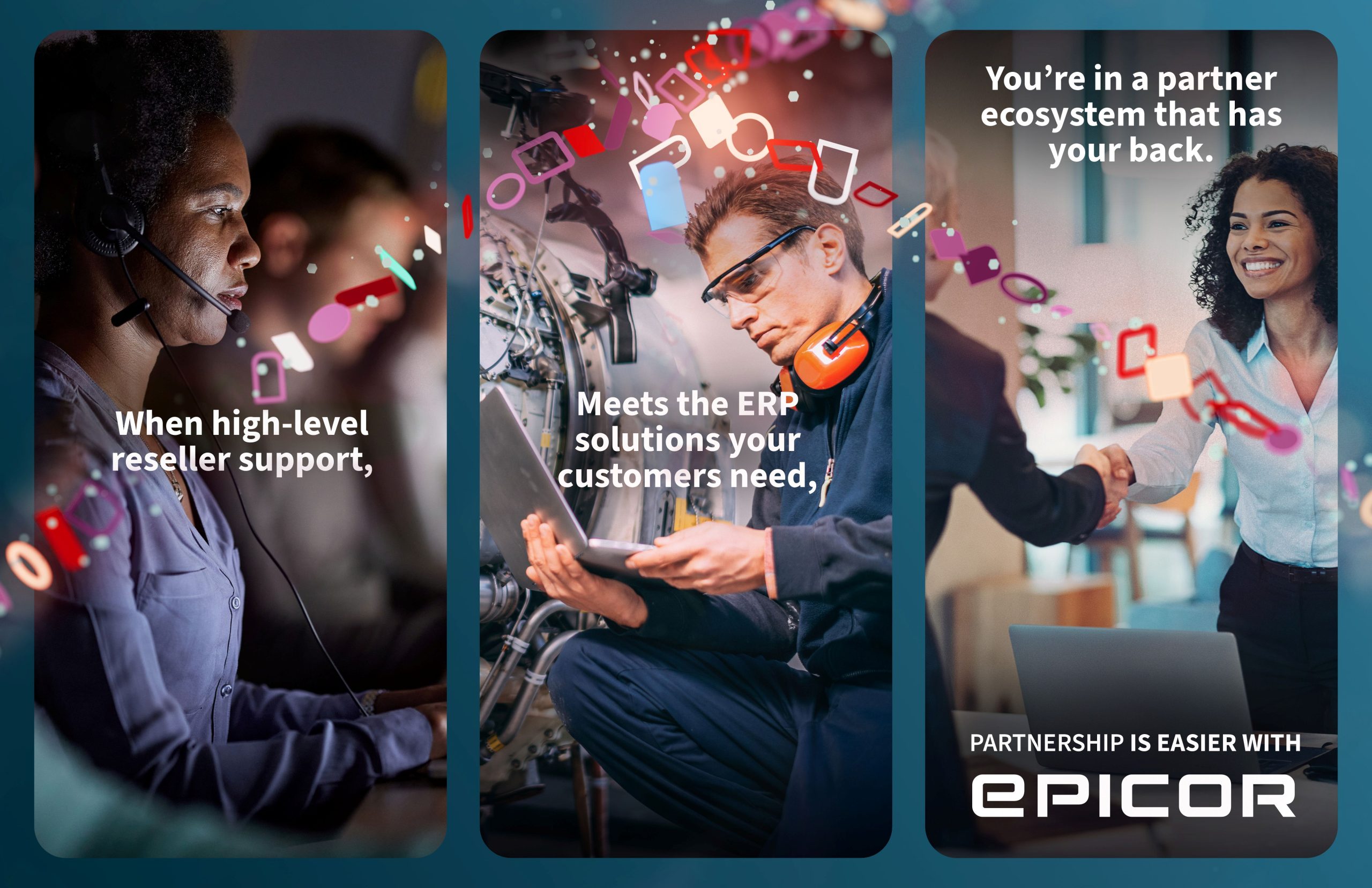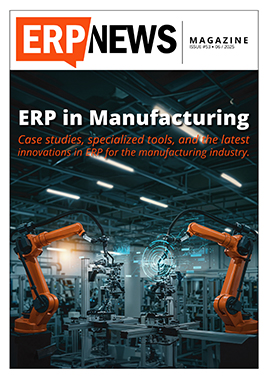Unless you’ve been living in the high Himalayas for the last 5 years, chances are you’d have at least heard about big data, and you’ve probably also wondered: How does big data affect you?
Collecting data —lots of it— is something that is important for all enterprises, whether small, medium, or big. However, collecting data is only half of the equation—and that is the easier part. The tougher part is to make sense of the colossal amounts of data you’ve collected, meaning how you interpret it.
Here’s where you need professional help, like the assistance offered in Data Science consulting from Active Wizard. Our talented data scientists can help you understand what your data is telling you so that you can make decisions objectively.
Big data helps you leverage your ERP software capabilities better. It helps enhance information density and speeds up the whole decision-making process. The latter can be a game changer because, in this competitive cut-throat market, enterprises who can’t make the right decision fast are likely to fall behind.

Here are some ways in which big data improves your ERP software:
Quick Information Delivery
A big data system creates node-level operating transactions which touch all present ERP modules in real-time. Apache’s Hadoop is a perfect example of this.
But how does this helps you?
Well, you can speedily leverage ERP big data capabilities. And as said above, in today’s business environment, speed is everything.
Improved Scheduling
Better ForecastingThe biggest worry for ERP managers is not having enough data. This huge problem is addressed when you integrate big data with your ERP system.
When you integrate big data into your ERP, you get a number of quickly leveraged opportunities for resolving the impossible need of having more data.
Better Customer Profiling
Location is everything in real estate, but now it is possible to expand on it for better results. The new axiom, at least for companies who are smart enough to recognize an opportunity when they see one, is not the business location, but rather customer location.
And this is made possible by integrating big data with ERP using CRM modules. It is now possible for CRM operators to not only track but also trap trend patterns of customers in real time and then promptly use the gathered information to create more and targeted sales offers.






